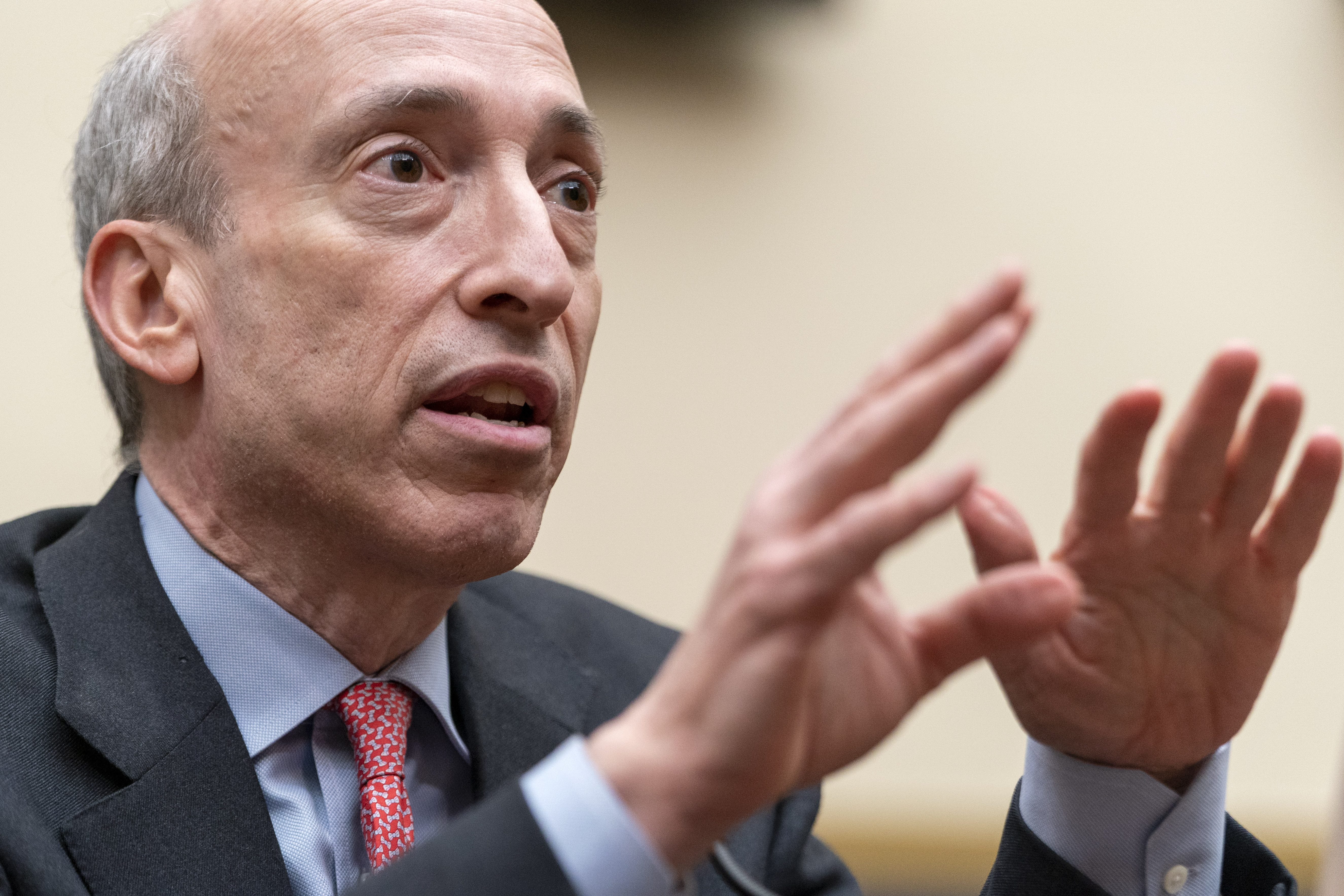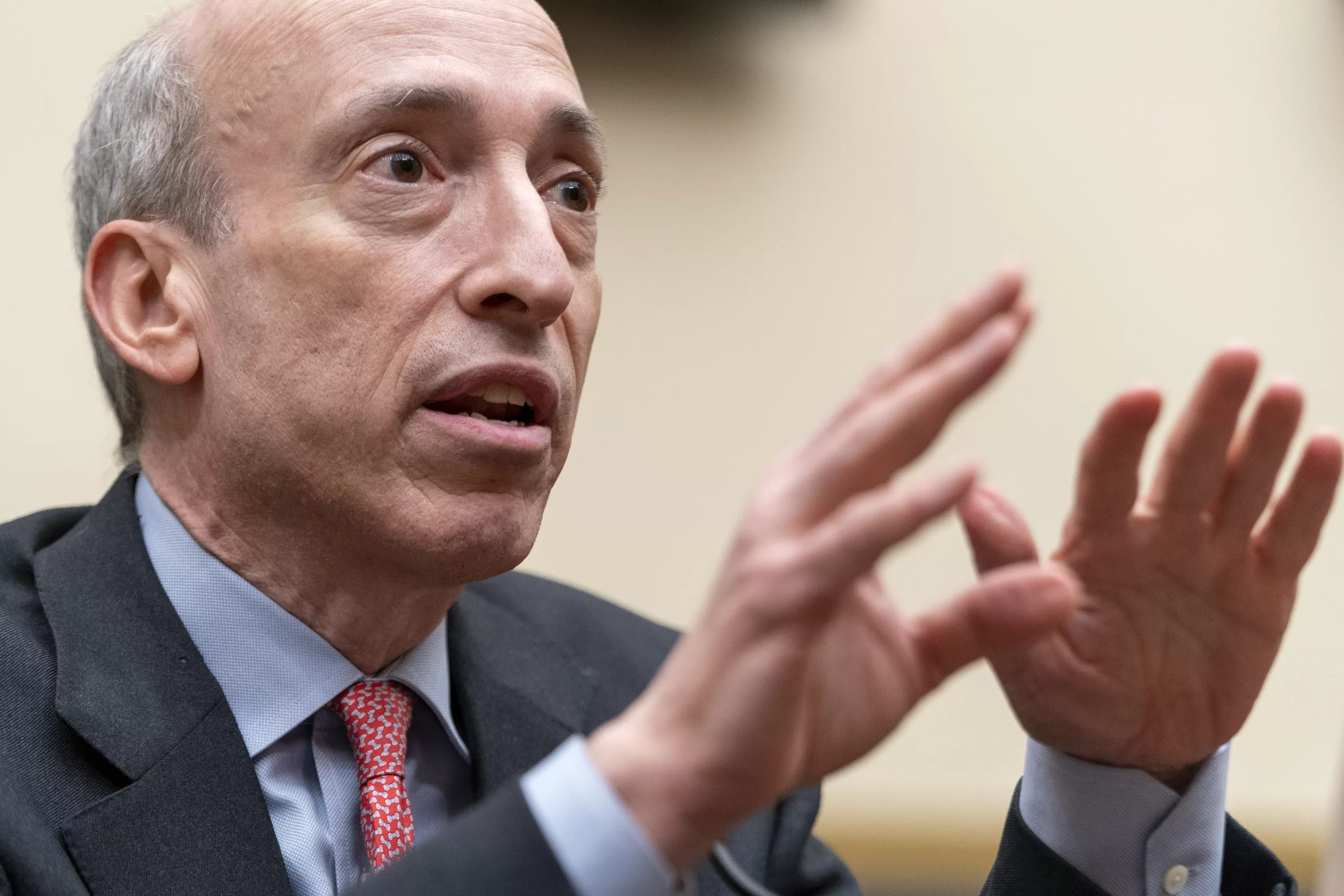
If finalized, the scaled-back rule could represent a major victory for groups like the U.S. Chamber of Commerce and the American Farm Bureau Federation that have questioned the legality of the proposal and the agency’s authority to compel such disclosures.
It could also draw criticism from many progressives, who have placed the proposed rule near the top of their climate agenda and pressed the Biden administration to do more to head off the crisis.
In the latest draft of the landmark rule, the SEC has dropped a mandate that certain large companies report to investors information about the emissions generated by their suppliers and customers, known as Scope 3, said the person, who was granted anonymity to discuss non-public information.
The Wall Street regulator is also likely to ease proposed reporting requirements related to emissions generated directly from a company’s operations as well as its energy usage, known as Scopes 1 and 2, the person said. The person added that the agency has hinted that the disclosures could be tied to how important, or material, the information would be to the company’s investors.
An SEC spokesperson said in a statement that the agency does not comment “on speculation about what may be in or out of a rulemaking.” The SEC considers potential changes to its proposals based on public feedback, they said, adding that rules are only put up for final votes when the staff and commission “think they are ready to be considered.”
Reuters first reported that the Scope 3 provision has been dropped from the rule. But the new revelations around Scopes 1 and 2 signal the lengths to which SEC Chair Gary Gensler’s agency may be willing to go to bolster the rule against a wave of potential legal challenges.
Since the proposal was issued in March 2022, major business groups and conservative state attorneys general have repeatedly threatened to litigate. One of their biggest complaints was over the Scope 3 requirement, which would have forced certain companies to report emissions data across their vast value chains.
Gensler himself has previously raised concerns about the calculations that go into Scope 3 emissions data.
Moderate Democrats on Capitol Hill like Sen. Jon Tester of Montana have also raised concerns about the Scope 3 requirement, and specifically its potential to force new information out of farmers who supply large publicly traded companies.
Even some groups that have pushed the SEC to finalize a more far-reaching, aggressive rule seem to have reluctantly accepted that Scope 3 requirements might be a bridge too far for the agency in the face of intense pressure. Scope 3 emissions can account for more than 70 percent of a company’s emissions,
according to Deloitte.
“On Scope 3, while we want it to be in there, we understand it may not be because of the hyper-partisan environment,” Steven Rothstein, managing director of the Ceres Accelerator for Sustainable Capital Markets, a nonprofit that counts large companies like Amazon, Wells Fargo and Moody’s in its network, said in an interview. “We have relayed that to the SEC.”
The SEC’s rule is expected to come up for a final vote in the coming weeks, POLITICO previously reported, with another person familiar with the matter saying at the time that the agency is aiming to have the rule out by the end of March.
